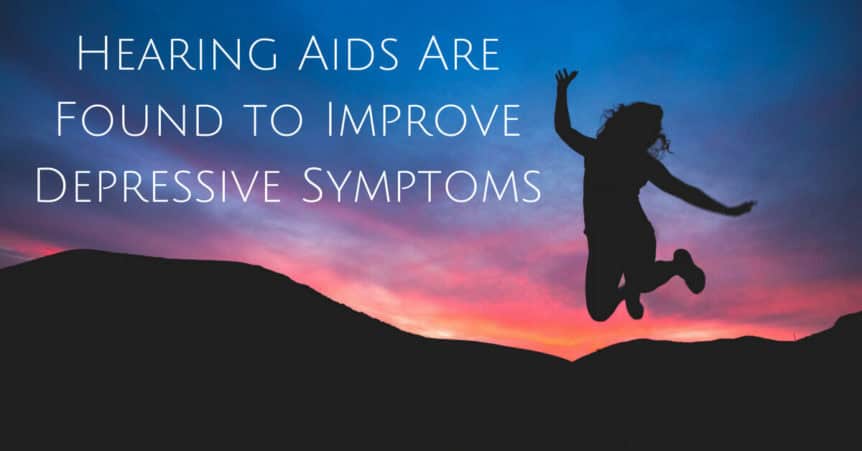- A Closer Look at Common Myths About Hearing Loss - May 7, 2024
- The Impact of Pets on Emotional and Hearing Health - April 26, 2024
- Strategies for Coping with Single-Sided Deafness - April 16, 2024
You may think that hearing loss only affects one thing: your ability to hear. This could not be further from the truth, however. Our abilities to hear are interwoven with our abilities to perceive our surroundings and to communicate with friends, loved ones, coworkers, and people we meet when we are out and about in the world. So, when people begin to experience hearing loss, they can find it more difficult to connect with the world in ways they had previously experienced. Research has shown that people experiencing hearing loss are frequently at risk for a range of other physical and mental ailments.
Hearing Loss and Mental Health Concerns
One of the most common effects of untreated hearing loss is depression. This is in part because of the ways that untreated hearing loss affects a person’s ability to hear and thus feel connected to friends, loved ones, and coworkers. When someone cannot hear to their fullest ability, it can be daunting to participate in scenes and spaces with lots of different kinds of noises. These can include restaurants, family events, or even having friends over for a movie night. People with untreated hearing loss can suffer from nervousness and anxiety about attending social events altogether. They can also experience anxiety about having conversations once there, for example, because they are unsure of what is being said to them and/or because they are unsure about their abilities to moderate their own speech and volume levels. In all, untreated hearing loss can make people feel disconnected from the people and activities they enjoy; this can lead to feeling isolated and bouts of anxiety, both of which can contribute to an overall sense of depression.
There have been many studies confirming the links between hearing loss and depression, some of which have been conducted by researchers at the U.S. National Institute on Deafness and Other Communication Disorders, by The National Council on the Aging, by the National Institute on Deafness and Other Communication Disorders, and other organizations. One, a 2014 study conducted by Dr. Chuan-Ming Li of the U.S. National Institute on Deafness and Other Communication Disorders, was published in JAMA Otolaryngology–Head & Neck Surgery. Li and their team used data collected from the U.S. National Health and Nutrition Examination Survey, which surveyed 18,000 people over the age of 18. Those who were over the age of 70 were given hearing tests, and people who were younger than that self-reported their hearing status. Everyone was also administered a questionnaire that helped researchers to understand the prevalence of depression amongst the study participants. The study found that depression increased as hearing loss increased.
This is a significant finding, given the amount of people in the United States who are experiencing hearing loss. More than nine million people in the U.S. over the age of 65 are experiencing hearing loss. There are 10 million Americans between the ages 45 and 64 who are experiencing hearing loss. Hearing loss is not limited to older adults, however. 1 in 5 teens is experiencing some form of hearing loss—approximately 30% more teens than were recorded as having hearing loss in the 1980s and 1990s. This is a broad swath of the population that may also be experiencing depression.
Treating Hearing Loss
There are many things that people experiencing hearing loss can do to improve their symptoms of depression. The first thing is to, of course, treat the hearing loss. Consulting with a professional at New Leaf Hearing Clinic for a hearing test is the most important step. Taking a hearing test will give our team the information we need to best understand your hearing needs, and to walk you through your hearing assistance plan.
This might include getting hearing aids, which will amplify certain sounds that will make it easier for you to distinguish unique sounds in crowded sound environments. Our team will also work with you about ways to communicate with friends and loved ones whether or not you will be using hearing aids. Simply letting people know what your hearing needs are (for example, you may hear better out of one ear than the other) can go a long way in improving your feelings of connection and decreasing any social isolation you may be feeling.
If you are feeling the effects of depression, there are many health professionals at your disposal—so be sure to not only consult with us at New Leaf Hearing Clinic but your general practitioner as well.

